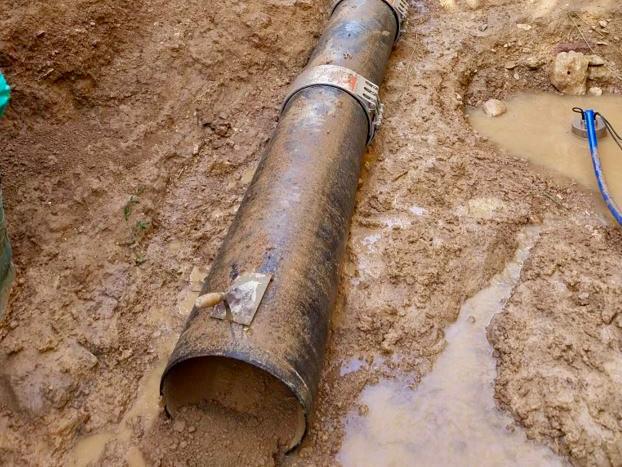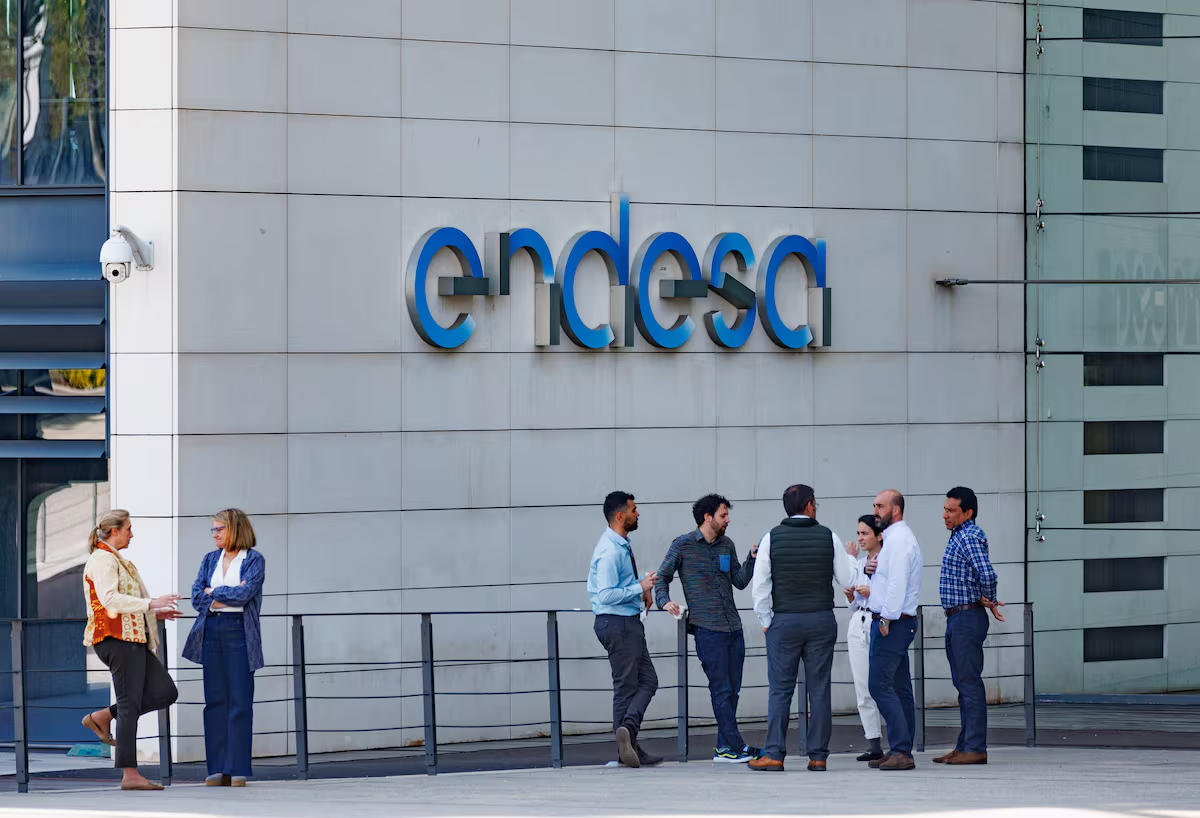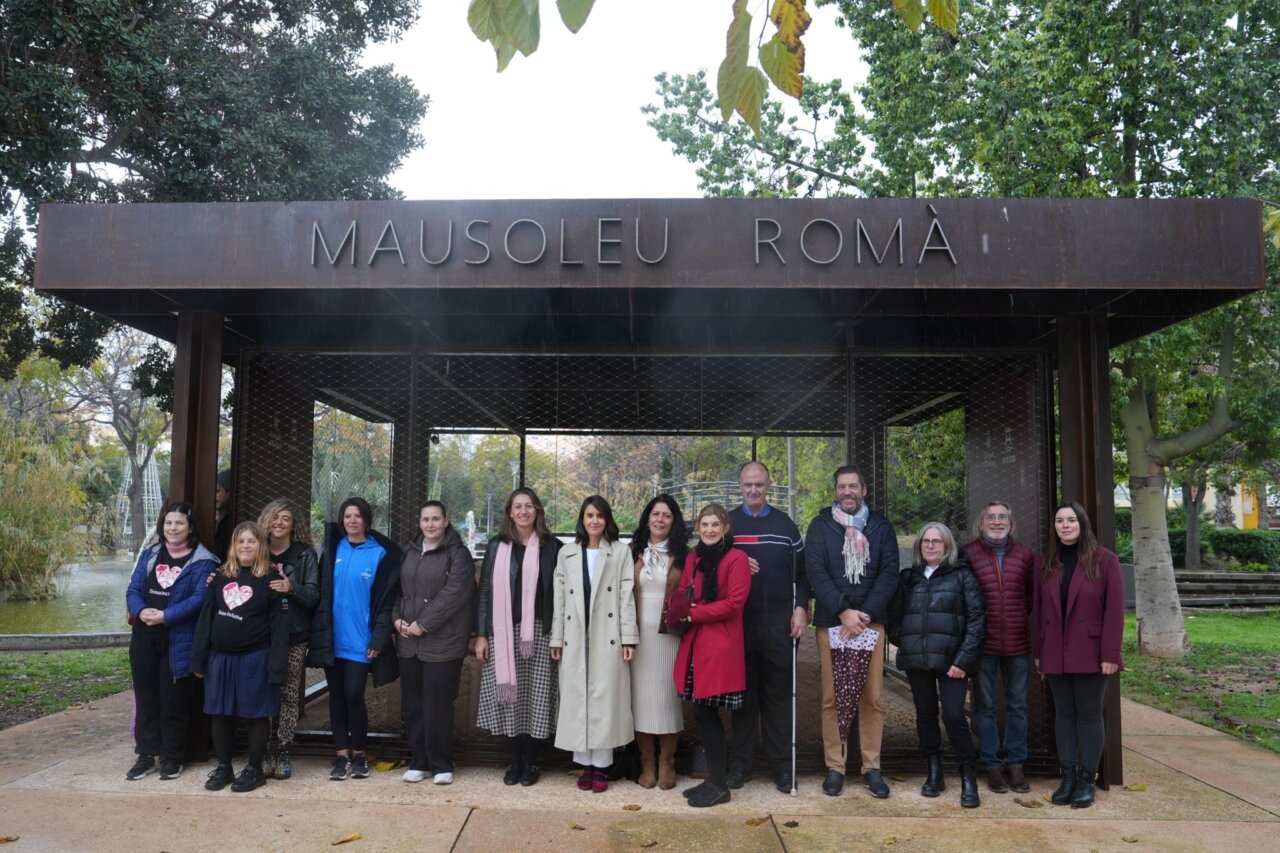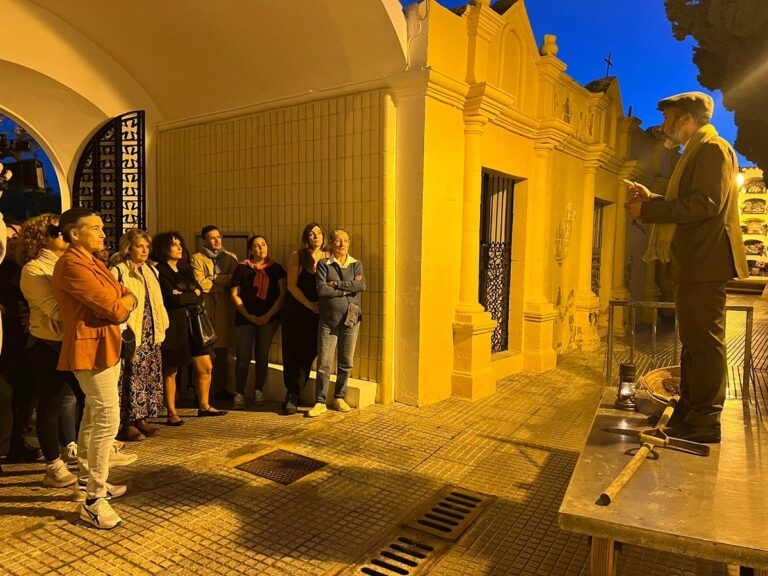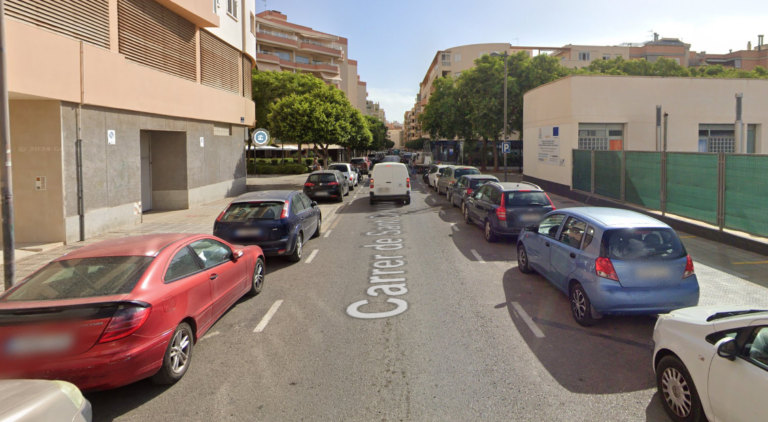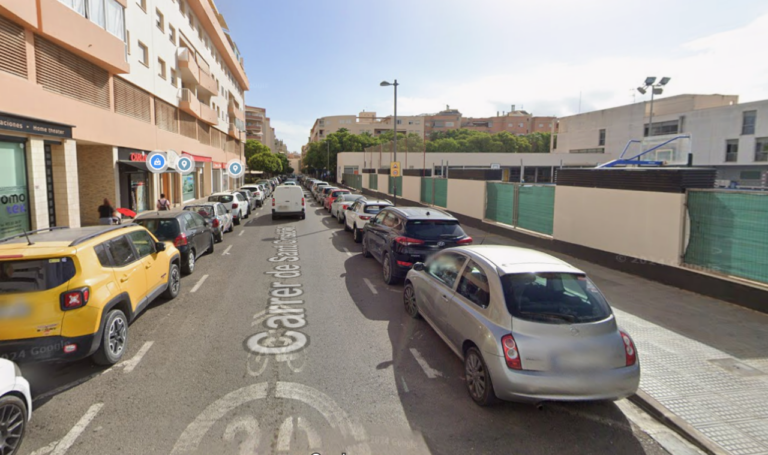Ibiza will begin in early 2026 the works to separate rainwater and wastewater, as confirmed by the delegate of Aqualia in the Balearic Islands, Luis Lopez. The works will be executed in the city after the awarding of the new supply and sanitation contract, with the aim of preventing flooding, improving hydraulic capacity and facilitating the reuse of treated water.
Lopez explained during an interview on Radio Ibiza that the city still maintains a unitary network that mixes rainwater and wastewater, a system that collapses when there are episodes of rain. “Almost all municipalities have unitary sanitation networks.
Rainwater and wastewater go through the same network,” he said. The separation of pipes will allow rainwater to circulate through its own pipes and not depend on the clogging that today reduces the useful flow. The city of Ibiza suffered this autumn episodes of saturation linked to accumulations of waste and the inability of the network to absorb heavy rainfall, a problem described by Aqualia as “structural“.
A 17 million contract and 49 actions
The project is part of the new concession approved by the City Council, which includes 17 million euros in investments during the first eight years and a total of 49 priority actions. These include improvements in hydraulic infrastructures, expansion of rainwater networks, renovation of sanitation, installation of smart meters and increased water efficiency. López pointed out that, once the administrative procedures have been completed, the FCC-Aqualia joint venture will be able to activate the first works foreseen in the contract.
Clogging, wipes and marine intrusion: today’s challenges
The Aqualia delegate stressed that the most visible incidents in sanitation do not originate in the treatment plants, but in the state of the urban networks. “Wet wipes and grease are the number one problem,” he said. The accumulation of this waste causes a decrease in the useful diameter and favors overflows during rainfall. Added to this is the deterioration caused by seawater infiltration in old pipes, a phenomenon that increases salinity and hinders purification processes.
Water reuse: untapped potential
Aqualia explained that a clean and clog-free network would allow an increase in the production of reclaimed water. “If the water arrives in optimal conditions, it can be used for irrigation or street cleaning,” recalled López. This would reduce the pressure on the desalination plants, which in July and August work at peak demand levels. The municipality aspires to extend the use of reclaimed water in urban services and green areas, which would help to free up drinking water resources in a context of high summer demand.
Situation in the other municipalities: improvements and active projects
Although the main work will be carried out in Ibiza, López reviewed the situation in the other municipalities managed by Aqualia. In San Josep, the network – the most extensive on the island – has improved its efficiency to around 75%, while the tender for the new sewerage contract is progressing. In Santa Eulària, the City Council is working on the monitoring of the sewerage system and the improvement of pumping stations. In Sant Joan, the Balearic Water Agency is processing the project for the new Portinatx treatment plant. In Formentera, Aqualia manages a system with total digitalization of meters, with yields close to 90%.

